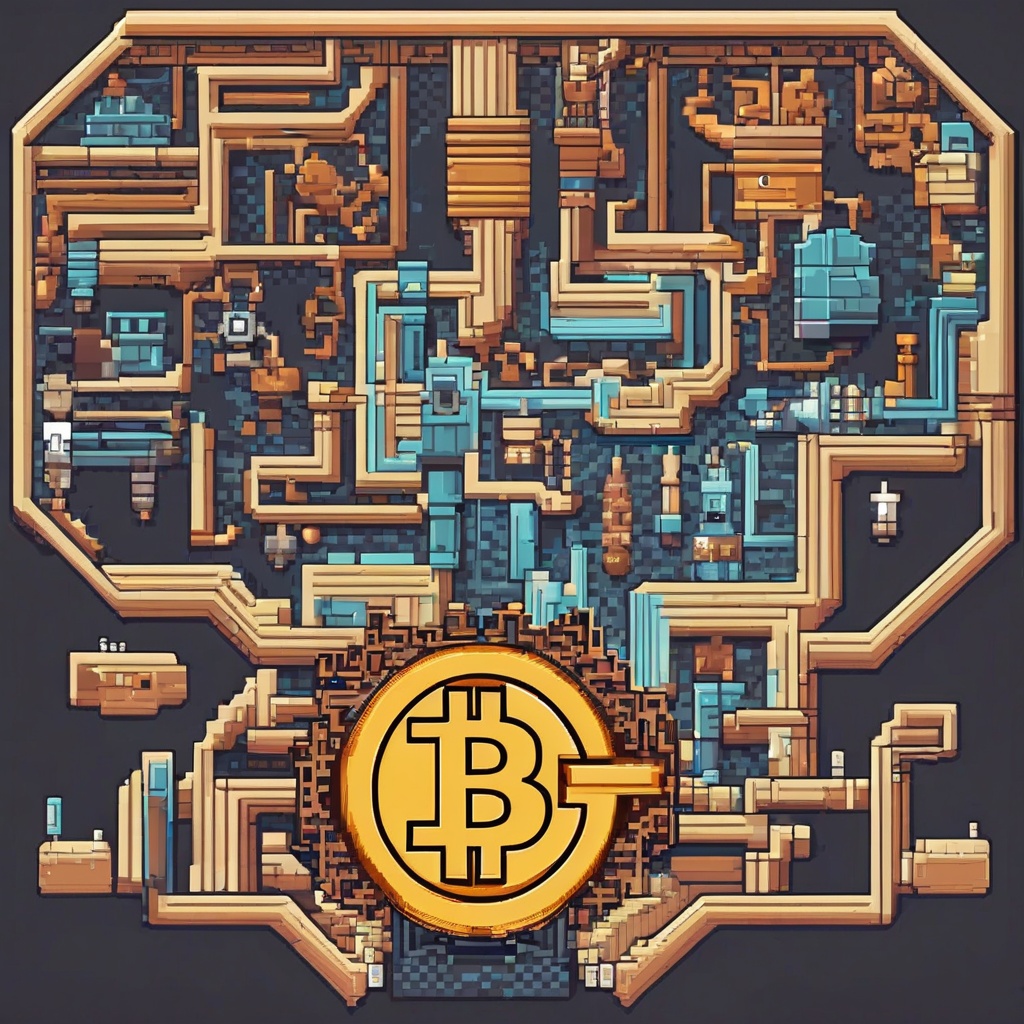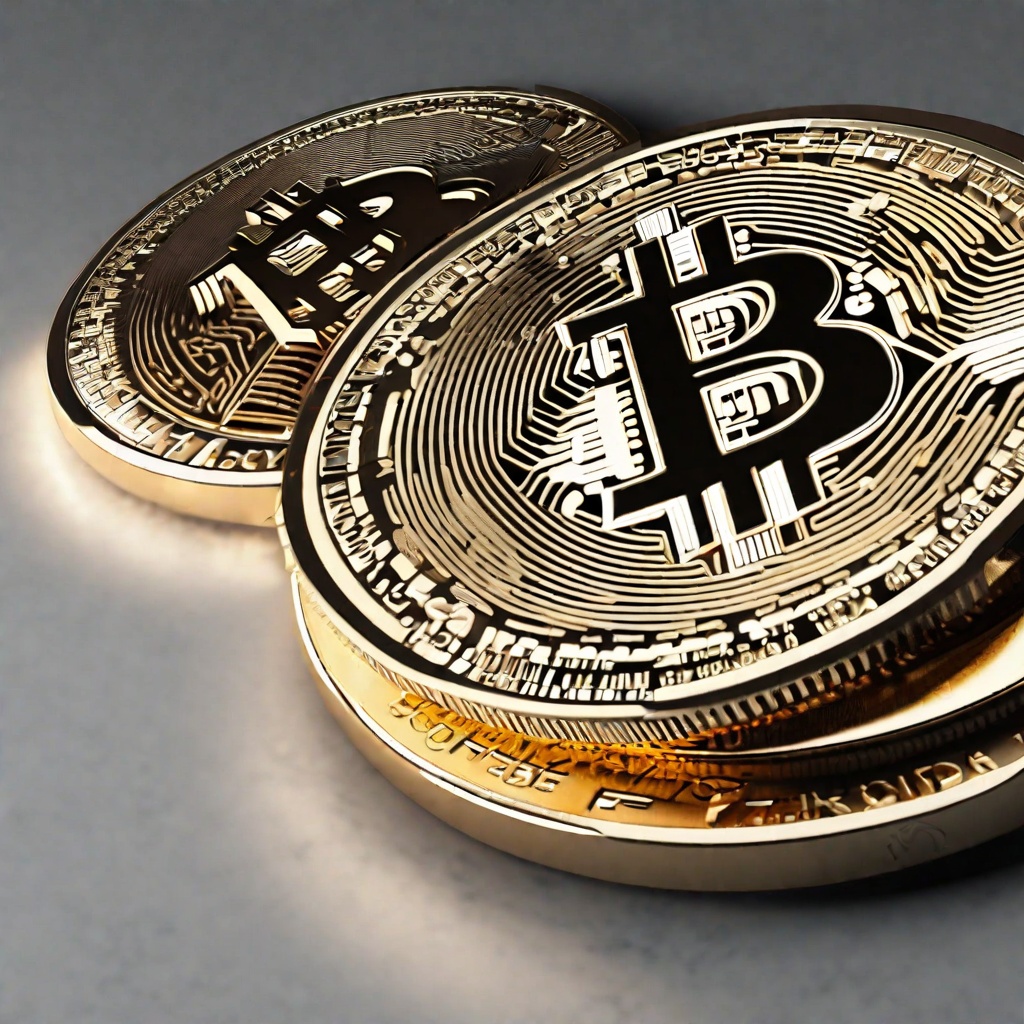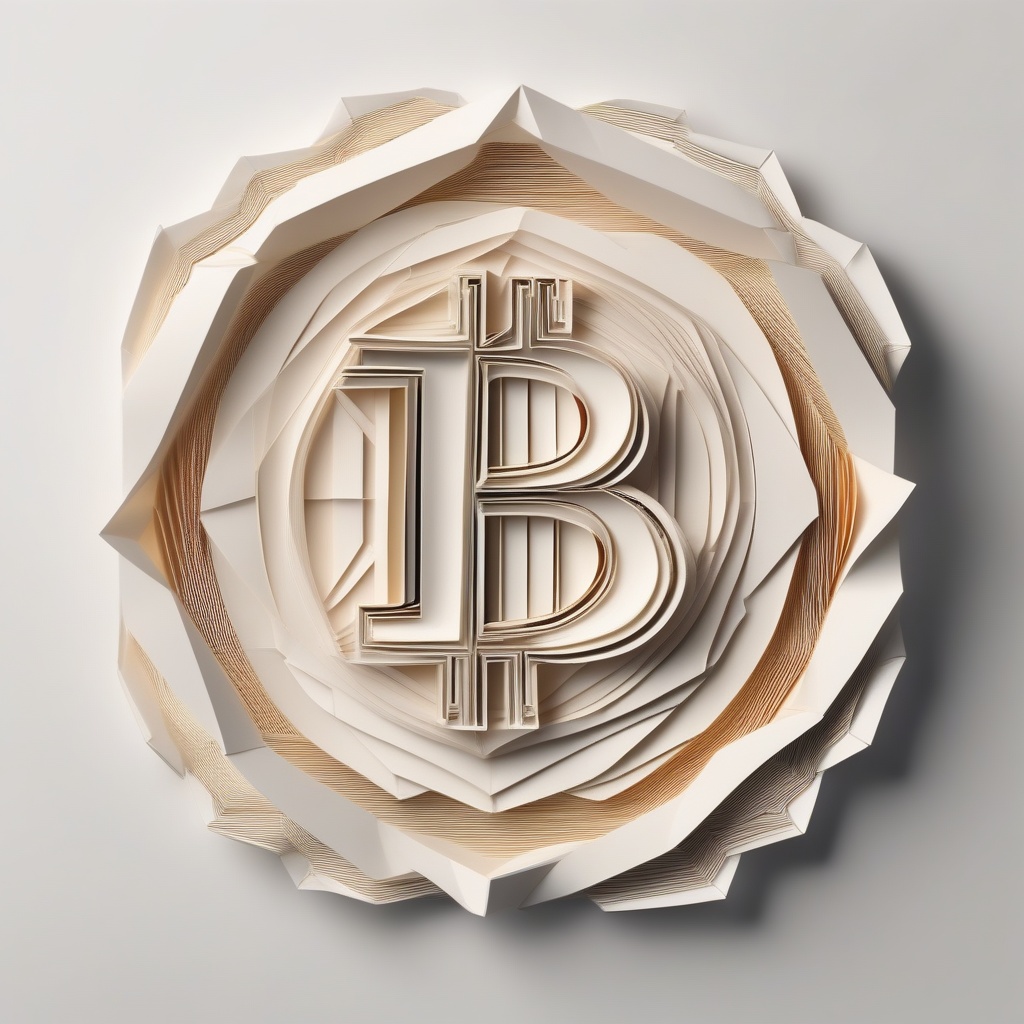What fiat currencies are supported by Coinbase?
I'm wondering which fiat currencies are currently supported by Coinbase for transactions and conversions within their platform.

Are fiat currencies better than cryptocurrencies?
Well, that's quite a loaded question. Are fiat currencies inherently better than cryptocurrencies? It really depends on your perspective and what you're looking for. Fiat currencies are backed by a central government or authority, and they've been the dominant form of currency for centuries. They're widely accepted, relatively stable, and easy to use. However, they're also subject to inflation, government intervention, and other external factors that can affect their value. On the other hand, cryptocurrencies are decentralized, meaning they're not controlled by any single entity. They offer a level of transparency and security that's often lacking in traditional financial systems. Plus, they can be transferred quickly and easily across borders, making them a popular choice for international transactions. However, they're also highly volatile and can be subject to significant price swings. So, the answer to your question really depends on your individual needs and preferences. Do you value stability and widespread acceptance, or are you willing to take on more risk for the potential benefits of a decentralized system? Ultimately, the decision is yours.

Does cryptowild Casino offer real money slots & fiat currencies?
I'm curious to know, does Cryptowild Casino actually provide its users with the opportunity to play real money slots using fiat currencies? As a cryptocurrency and finance professional, I understand the appeal of blockchain-based gambling, but I'm also aware that many players prefer the familiarity and stability of traditional currencies. Can you shed some light on whether Cryptowild offers this option, and if so, what are the benefits and drawbacks of using fiat currencies on the platform?

What happened to bitcoin & fiat currencies in Q3 2022?
In the third quarter of 2022, the cryptocurrency market, particularly Bitcoin, experienced significant volatility. Could you elaborate on the key trends observed during this period, including the fluctuations in Bitcoin's price and how it compared to traditional fiat currencies? Did any major events or regulatory changes contribute to these movements? Also, were there any notable differences in the behavior of Bitcoin compared to other major cryptocurrencies during this quarter? Your insights into these developments would be invaluable for understanding the dynamics of the crypto market.

How does bitcoin compare to fiat currencies?
In delving into the nuances of how Bitcoin compares to traditional fiat currencies, one must first consider the fundamental differences in their respective nature and function. Bitcoin, as a decentralized digital currency, relies solely on cryptography and blockchain technology to ensure security and transaction verification, without the need for a central bank or governing authority. In contrast, fiat currencies are issued and regulated by central banks, backed by government decree and often tied to tangible assets. When it comes to value, Bitcoin's price is determined by market supply and demand, whereas fiat currencies are often pegged to a standard, such as a basket of goods or another currency. Transaction speed and costs also differ significantly, with Bitcoin transactions often taking longer and incurring higher fees compared to the nearly instantaneous and often low-cost transactions of fiat currencies. Furthermore, Bitcoin offers a degree of anonymity and pseudonymity that is unattainable with fiat currencies, which are typically linked to personal identities and banking records. However, this anonymity also brings challenges in terms of regulation, tax compliance, and the potential for illicit activities. So, in essence, Bitcoin represents a stark contrast to the traditional fiat currency system, offering unique advantages and disadvantages that have sparked both enthusiasm and controversy within the financial community.

